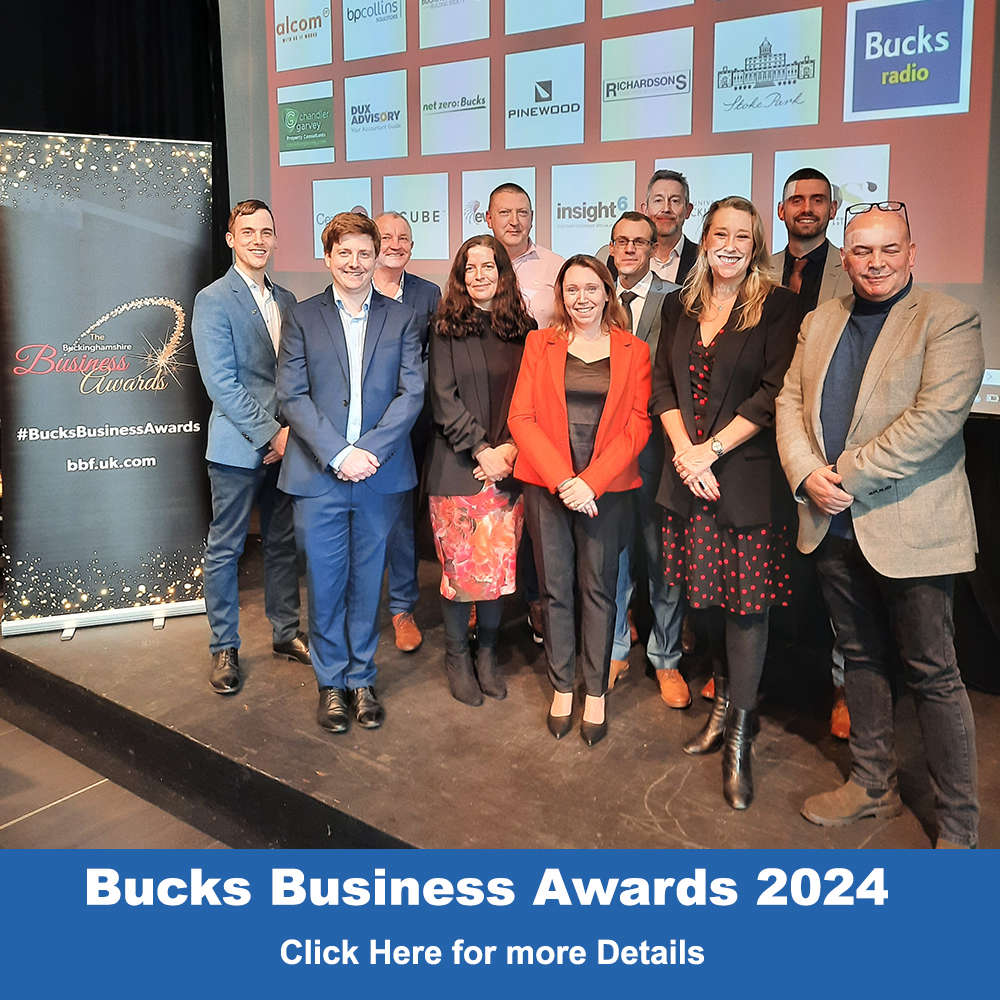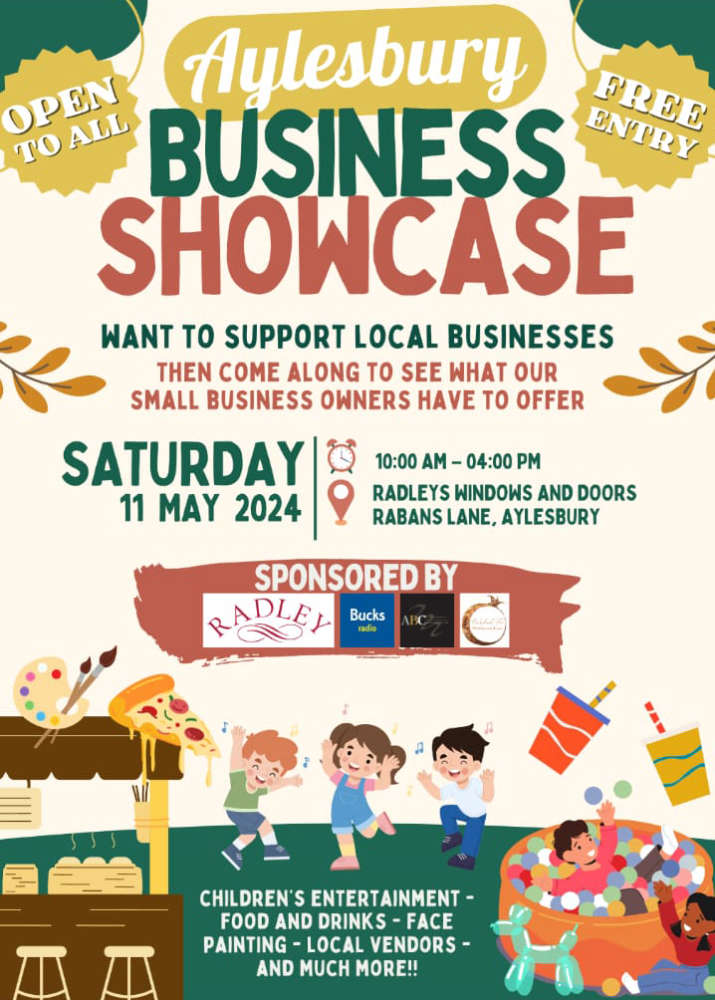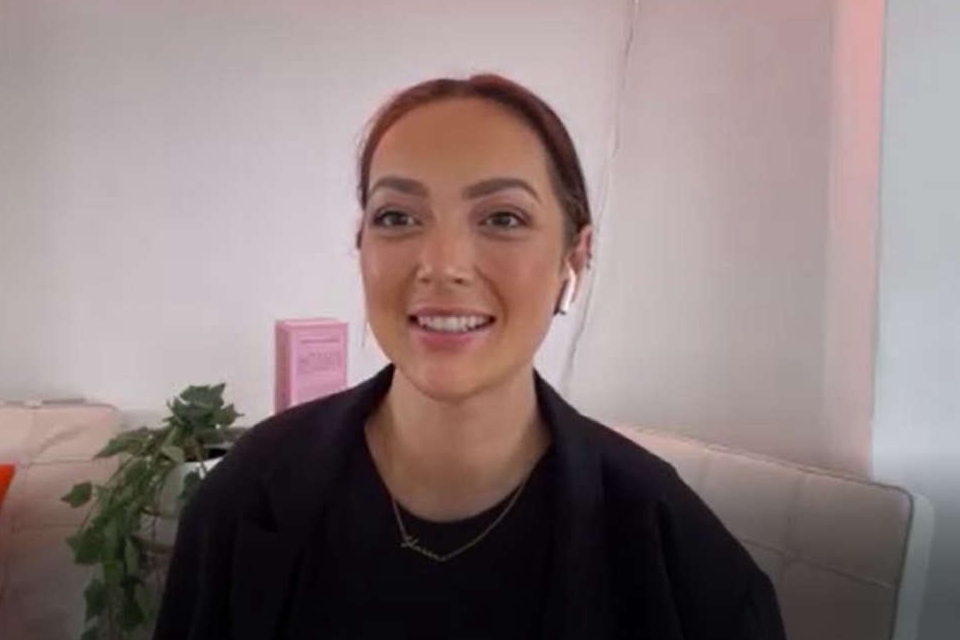
Thames Valley Police (TVP) and Love Island star Sharon Gaffka recently announced that they will be collaborating to raise awareness of the work the force is doing to tackle violence against women and girls (VAWG), as well as improving engagement with a younger audience.
Chief Superintendent Katy Barrow-Grint, tactical lead for Violence Against Women and Girls, said: “Working with Sharon provides us with a great opportunity to enhance how we reach our younger communities and improve the trust that has been damaged in relation to violence against women and girls.”
Bucks Radio had a video-call with Sharon on Tuesday 7th September to discuss the work she’s doing with TVP.
Project Vigilant, which is referred to on occasion during this interview, is a Thames Valley Police initiative that uses a combination of uniformed and plain clothed officers to carry out patrols in areas outside night clubs, bars and pubs, to look for signs of sexual harassment, inappropriate touching and loitering.
[PICTURE: Sharon Gaffka with Chief Superintendent Katy Barrow-Grint]
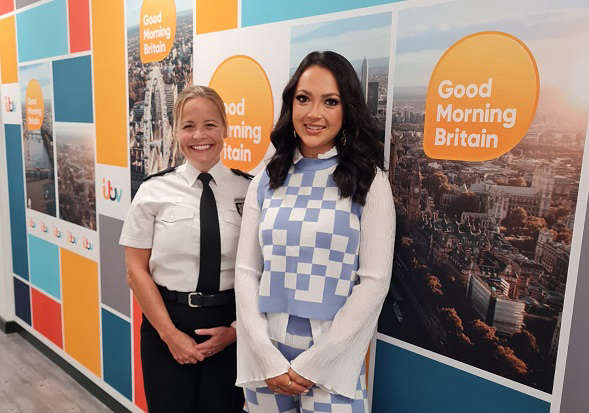
Interview with Sharon Gaffka
How did the relationship with Thames Valley Police begin?
Sharon: Thames Valley Police contacted me through social media. I’d been doing a lot of campaigning on VAWG courses anyway and more notably I’ve been doing a lot of work with government and charities around drink spiking, having fallen victim to drink spiking myself.
My story resonated with a lot of people. I was getting very good responses from my followers on social media.
We’ve seen a lot of high-profile cases in the media about the broken relationship between young women and the police, so I think Thames Valley were really keen to rebuild that and also to push Project Vigilant more. So, the relationship I’ve got with young women online they wanted to tap into.
Why do you think the relationship is so fraught between the police and young women in particular?
Sharon: I think the relationship is really turbulent because in instances of sexually violent crime or instances of spiking, women probably don’t really feel like there’s a lot of trust in the police because they’re kind of met with the same response – it’s usually “there’s no evidence” or they just don’t feel there’s the resource to feel like they’re being looked after or protected.
I never contacted the police when I had my drink spiked just because I didn’t feel like I’d be believed or there wouldn’t be much that could be done about it. There’s a lot of things that I’ve learnt from my relationship with Thames Valley Police. There’s a lot of resources that people don’t know about and I think it’s a real shame because there are officers in the police that do genuinely care about the protection of young women, it’s just unfortunate that the ones we hear about involve the ones that don’t.
What do you see as your role in this relationship with Thames Valley Police?
Sharon: For me it’s to educate the public or my followers on the things they can do to help themselves – I don’t want to ever put the onus on the victim – but I think it’s about re-educating. Also, police officers tend to be a bit older and don’t necessarily understand the issues that young women face, so for me it’s about trying to bridge that gap.
Have you started working with the police yet and how long do you see this relationship lasting?
Sharon: Yes, I started a couple of months back. I went out on a night shift with a police force on Project Vigilant, so I got to see their briefing and what kind of predatory behaviours they look out for. We have plans to go to freshers’ week to talk about safety at Oxford Brookes. So, at the moment it’s been going on for a couple of months but with something like this I just don’t ever see there being an end date.
You mentioned about victims not being believed and some of the cases that came to my mind were those involving grooming gangs – have you discussed those types of scenarios?
Sharon: I met with Katy, who’s the Chief Super Intendent for VAWG strategy within Thames Valley Police and she’s really passionate about rebuilding Thames Valley strategy. We spoke about police officers who are found guilty of violent crimes and we spoke about what police officers are now trained to do when a victim does approach them, what ways there are to report a crime in order to help the victim and one of the things that I’m keen to go into a bit more that I didn’t know existed are the SARC (Sexual Assault Referral Centre) centres, which are like rape crisis centres. There are medically trained staff there who are able to deal with mental health issues and spot signs of grooming and sexual assault and also are able to collate evidence.
Have you spoken about the low conviction rate for rape cases?
Sharon: Yeah, that’s one of the things that really concerns me. I take things to heart, and this isn’t just work for me, it’s important for everyone. I’m still on this journey of trying to learn and understand myself but I want to see more proactive policing and that’s one thing I admire about Project Vigilant.
Have you discussed Thames Valley Police’s strategy towards sex workers?
Sharon: From Thames Valley specifically I’ve not heard anything about that, but I would advocate the same as advocates for sex workers. There should be provisions in place to make that a safe career path. Anyone who works in that industry should be able to safely.
I recently interviewed the mother of Libby Squire and one of the things that she’s passionate about is educating people to ensure their friends get home safely. Is that something that’s also on your radar?
Sharon: Yes. I put it under the umbrella of sex education – I think there are a lot of things that come under VAWG or protecting young people in general that come from sex education. I think PSHE (personal, social, health and economic education) as a whole needs revamping. I’ve spoken to 14-year-olds, and it’s not changed since I was 14, 12 years ago.
I think having a plan in place ahead of time can help you do the right thing, particularly in an emergency
Sharon: Yes, definitely, and that will come with better education, I think. Now we have a new government, and they think they might have gotten rid of me but I’m going to come back again so I hope they’re ready for me!
What advice would you give to women and girls who have been victimised?
Sharon: Again, it’s hard for me to say this because I was in the bracket of people who didn’t do this because it made me nervous and I wasn’t sure I would be believed but if you report things earlier, like with drink spiking for example, it’s easier to pick up on. I wish I’d known this at the time, and it’s harder in clubs and at festivals but if you save the drink that you think has been spiked that’s substantial evidence. It might have gone through your body but it’s not left the glass.
From what you’ve witnessed so far, what do you think are the key areas where the police can improve?
Sharon: I think proactive policing is the most important thing. Perpetrators are less likely to commit a crime if there’s other people around watching their behaviour. I also think more proactivity in terms of education – that’s not necessarily a police matter – but I think the government really need to look at their education system and PSHE. I’m seeing guys on Tik Tok who think this behaviour is funny and that obviously has implications in terms of people not wanting to report it. I think in terms of the police also, the resources they have need to be better publicised, like the SARC centres. And for example, I didn’t even know I could request a female officer if I wanted one, so even educating and publicising that is really important as well.
You can find Sharon’s podcast ‘Girls Know Nothing’ here.




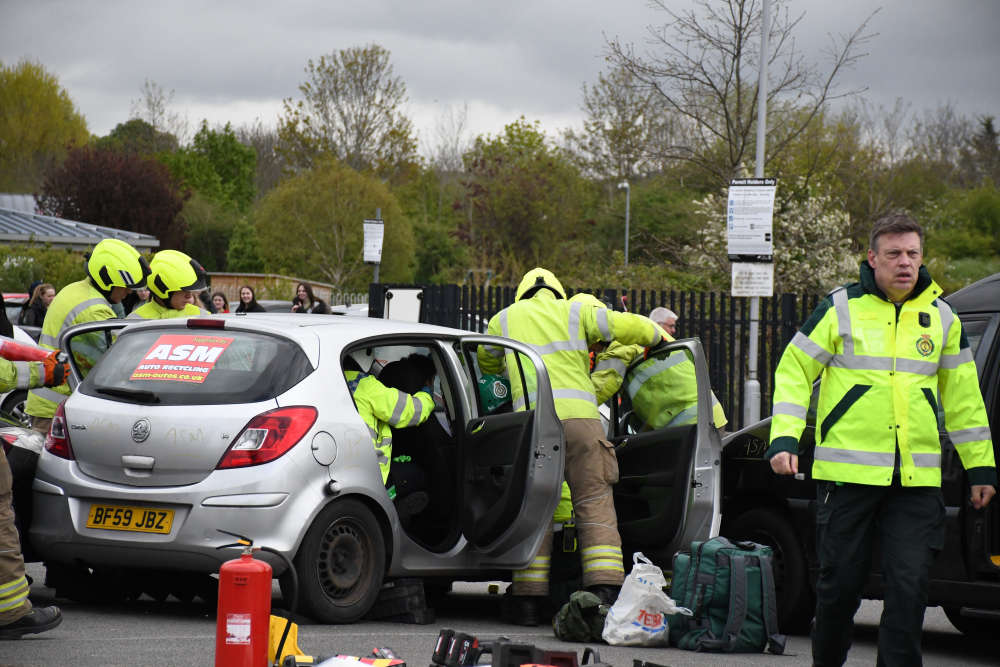 Mock Major Incident Exercise at Aylesbury College.
Mock Major Incident Exercise at Aylesbury College.
 Have your say on HS2
Have your say on HS2
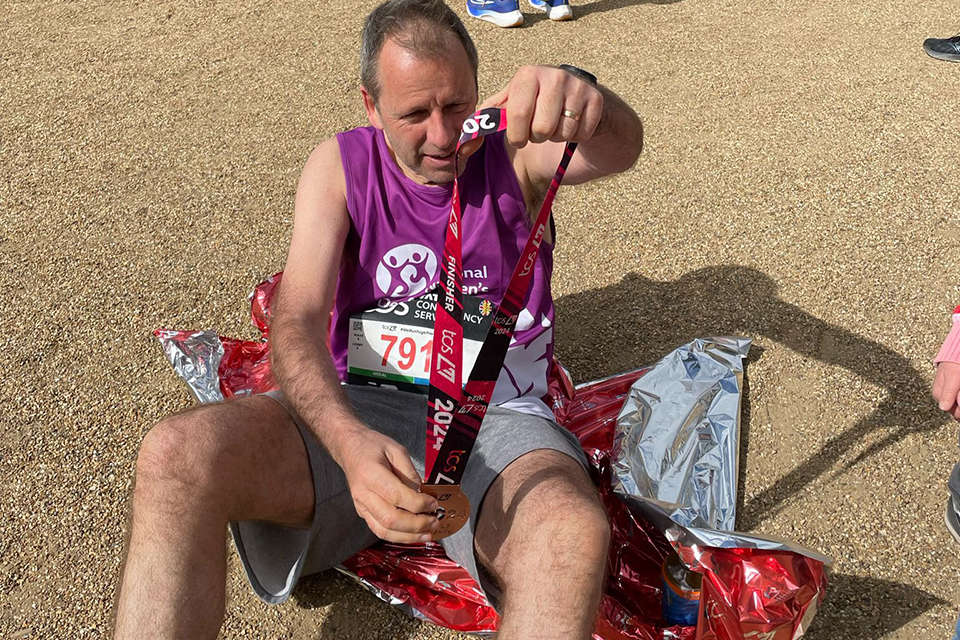 Bucks Businessman raises more than 4K in memory of close friend.
Bucks Businessman raises more than 4K in memory of close friend.
 World-renowned facility to support elite swimmers coming to Buckinghamshire
World-renowned facility to support elite swimmers coming to Buckinghamshire
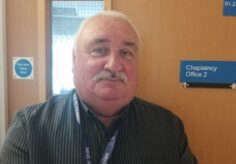 Stoke Mandeville Trust volunteer chaplain, David Short, picks up his MBE at Windsor Castle.
Stoke Mandeville Trust volunteer chaplain, David Short, picks up his MBE at Windsor Castle.
 New location for Buckingham May Day celebration
New location for Buckingham May Day celebration
 Bucks Council unveils ambitious Housing Strategy for 2024-2029
Bucks Council unveils ambitious Housing Strategy for 2024-2029
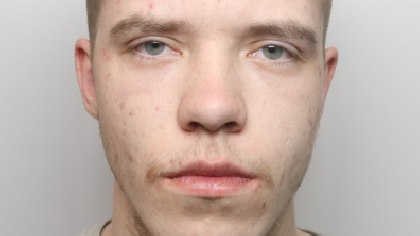 Man sentenced for breaching CBO in Buckingham
Man sentenced for breaching CBO in Buckingham
